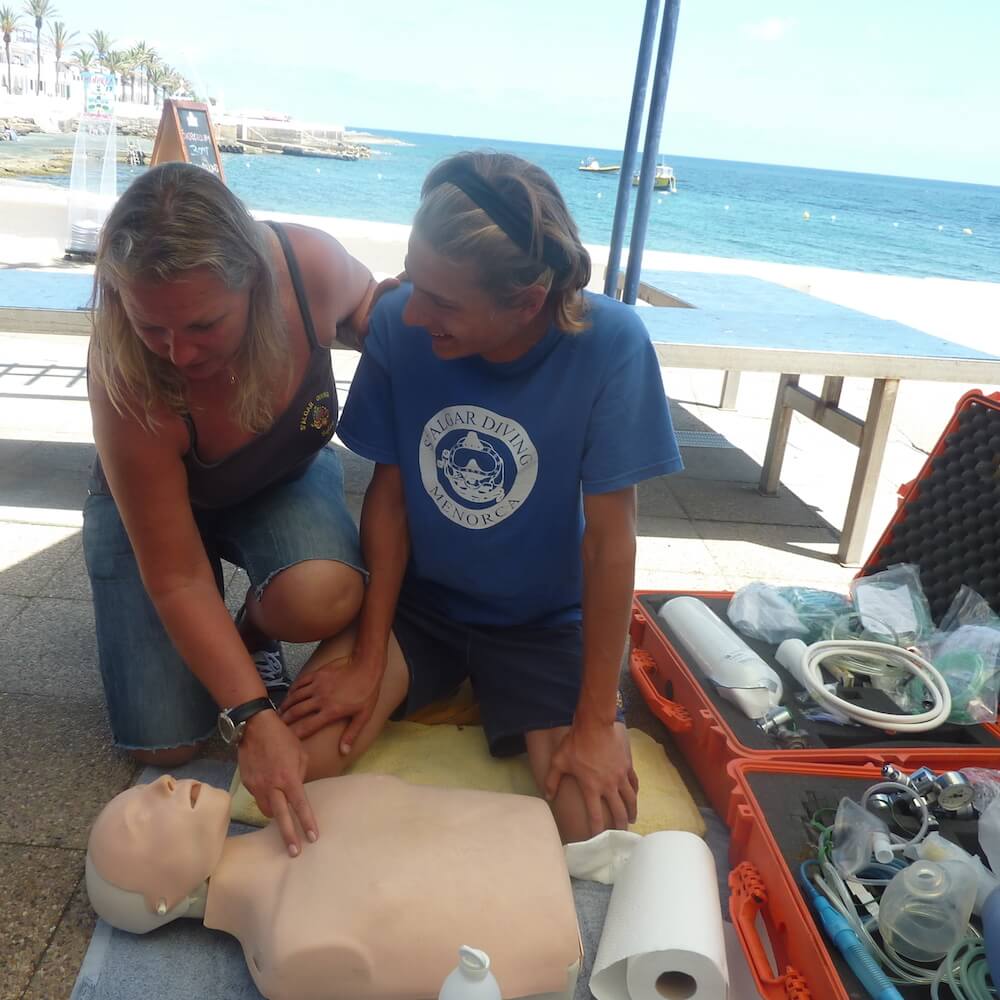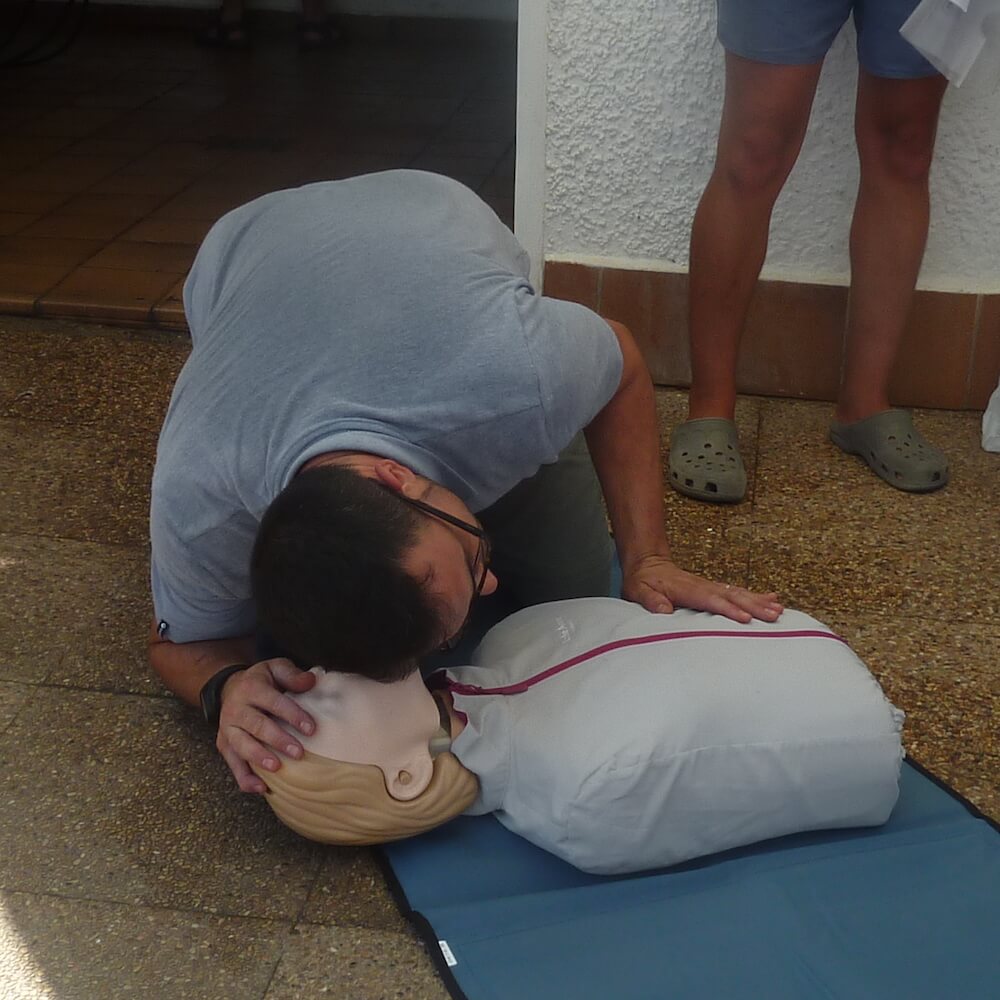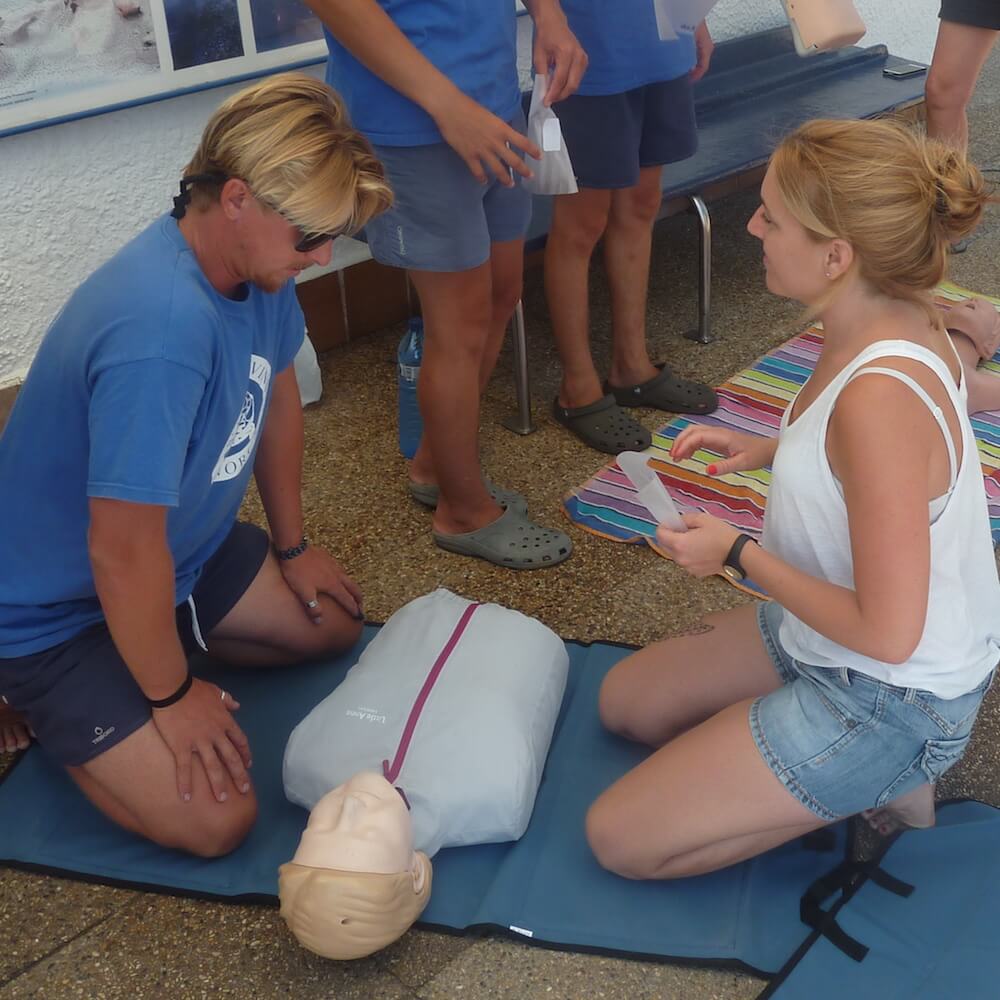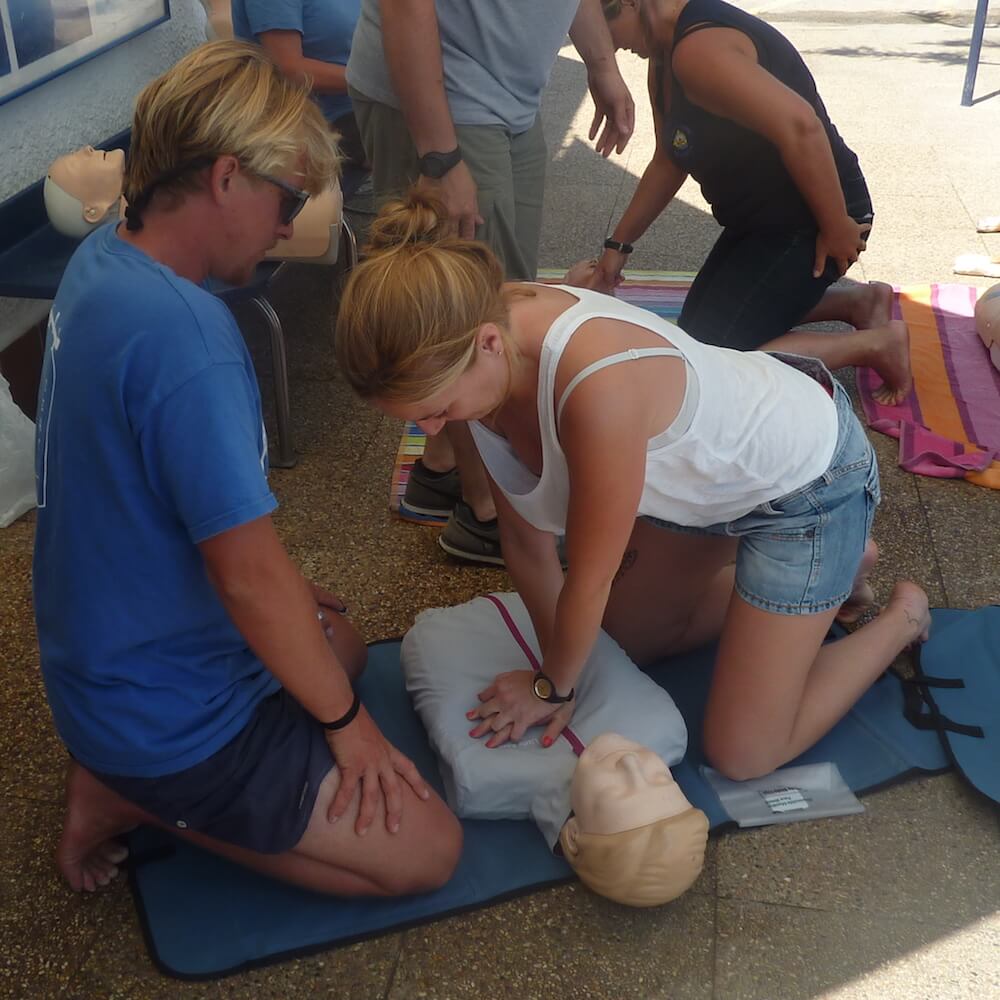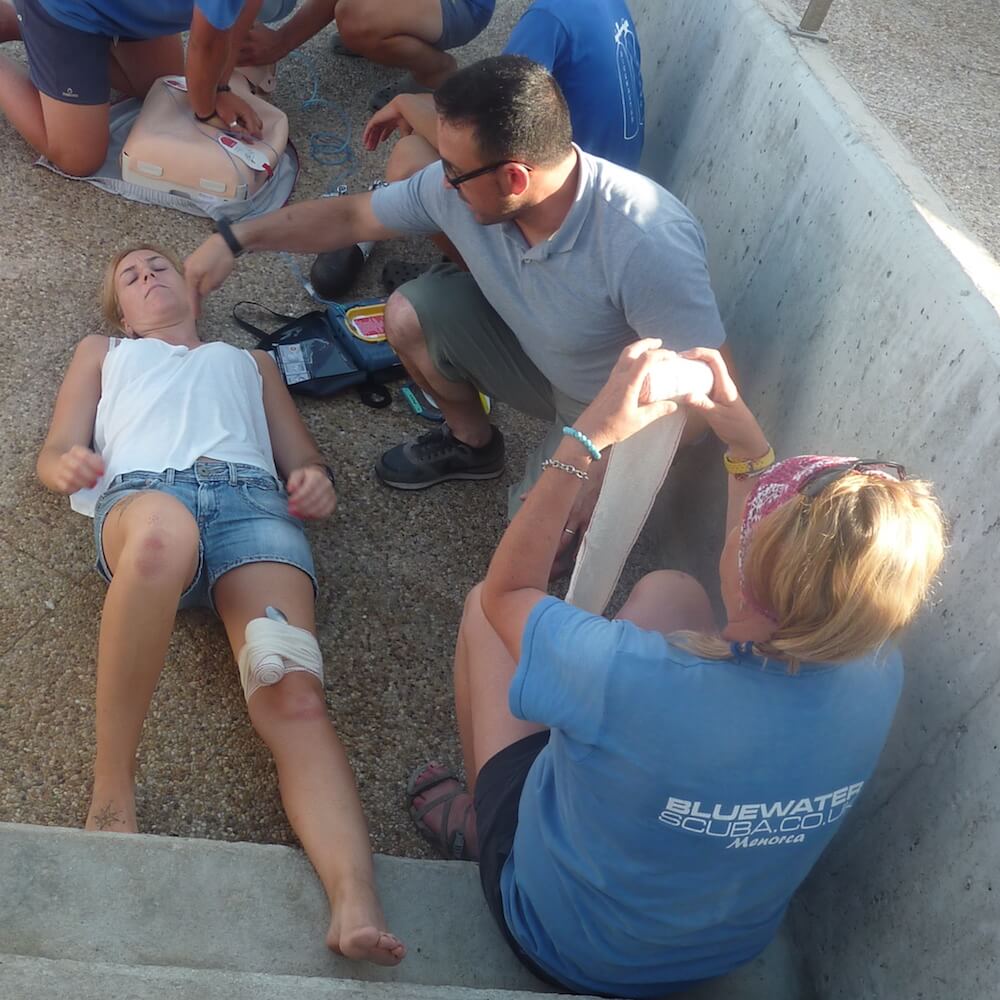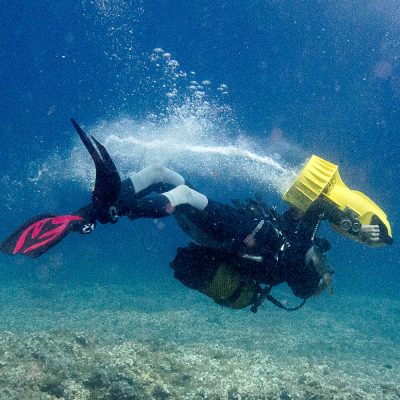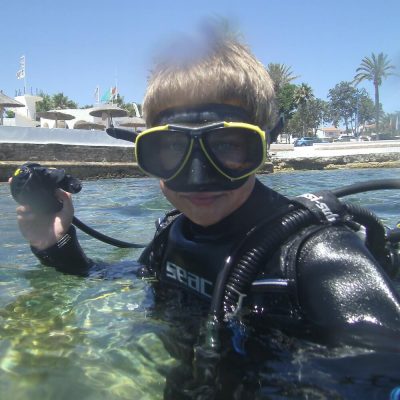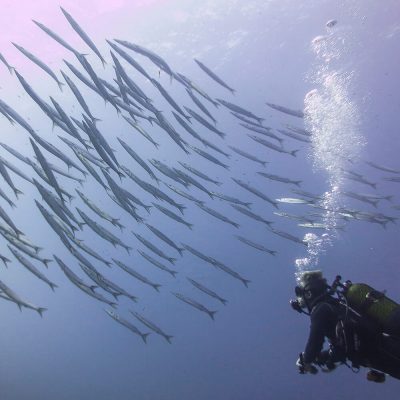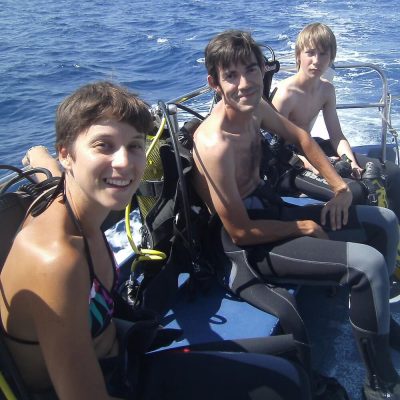Welcome, let’s start to help and support others. The PADI Emergency First Response Course or EFR for short is a worldwide industry recognised course giving you the key steps and training so that you can offer support to friends, colleagues or even complete strangers.
I’m an Emergency First Responder, may I help you?
The course is split into two key areas one is to deal with life-threatening conditions and another is to support and make a person comfortable and monitor their lifelines if needed. We will now look at each area of the course in turn.
Emergency First Response Primary Care (CPR) Course
Emergency First Response Primary Care (CPR) teaches participants how to respond to life-threatening emergencies. The course focuses on primary care through a combination of knowledge development, skill development, and realistic scenario practice to make sure participants have the confidence in their ability to provide care when emergency situations arise.
Primary Care (CPR) skills taught in this course:
Scene Assessment, Barrier Use, Primary Assessment, Cardiopulmonary Resuscitation (CPR), Serious Bleeding Management, Shock Management, Spinal Injury Management, Conscious and Unconscious Choking Management.
Emergency First Response Secondary Care (First Aid) Course Content
Emergency First Response Secondary Care (first aid) covers injuries or illnesses that are not immediately life-threatening. We will focus on secondary assessment and first aid through knowledge development, skill development, and realistic scenario practice.
Secondary Skills taught in this course:
- Injury Assessment
- Illness Assessment
- Bandaging
- Splinting for Dislocations and Fractures
Includes first aid treatment reference for the following emergencies:
Allergic Reactions, Asthma, Bruises, Burns, Chemical Burns, Choking, CPR, Cuts, Dental Injuries, Diabetic Problems, Dislocations and Fractures. Electrical Injuries, Eye Injuries, First Aid Kit Assembly, Fish Spine Injury, Frostbite, Heat Exhaustion. Heatstroke, Heart Attack, Hypothermia, Insect Stings, Jellyfish Stings, Octopus Bites, Poisoning, Scrapes, Seizures, Snake Bites, Spider Bites. Sprains and Strains, Stroke, Temperature Related Injuries and Venomous Bites and Stings.
How’s my day looking?
This is a half a day course. All being well, it will take approx 4 – 5 hours. A typical day starts at 09:00 and finishes around 14:00
So, Can I do it?
The EFR or Emergency First Response course is open to divers and non-divers from the age of 12 years.
What do I get for my buck?
- EFR Participant Manual
- All equipment hire for the duration of your course
- Professional Team
- And once you successfully master all the skills etc. final certification.
What do I need to bring with me?
- An open mind and willing to learn -That’s all we ask.
Like all training courses, courses are paid for but certification is earnd.
OK, so I have done that what’s next?
Well, for non-divers they could look at spreading the word and getting more people trained or even look at becoming an Instructor themselves and teaching in your own hometown. For divers, this is their first step towards starting a PADI Rescue Diver Course.
